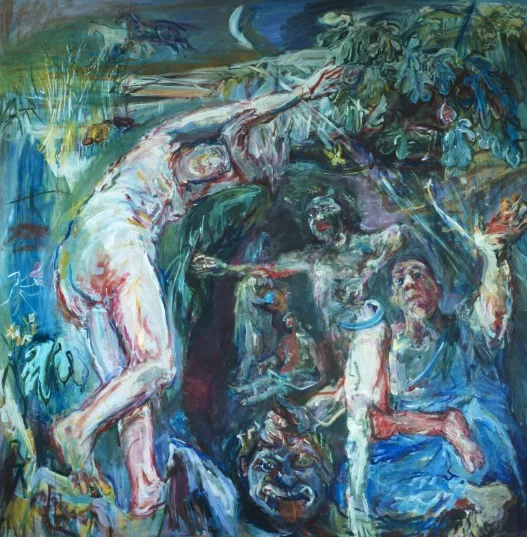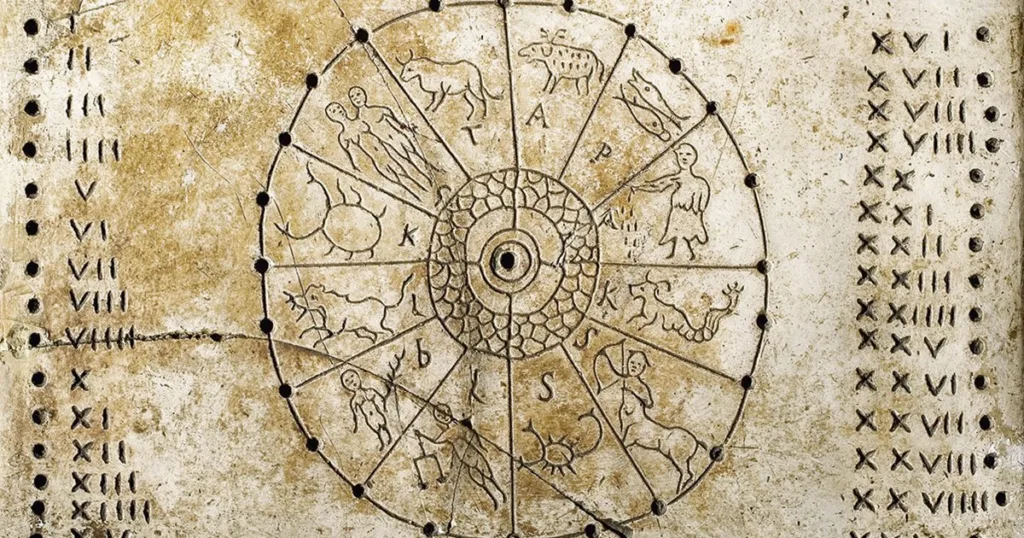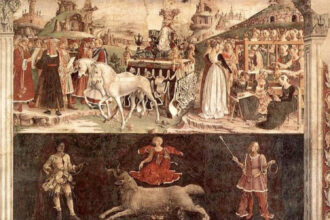di Wojciech Żełaniec
///
Anche un “morso che spezza”, come la violazione della regola, è talvolta differito in un’ “attesa” capace di rispettare lo sfondo delle regole stesse: davanti ad una scacchiera, ad esempio, non si vuole solo vincere, ma vincere a scacchi, attraverso le sue regole costitutive.
Constitutive rules are rules that “constitute”, that is to say, define and create, new forms of (intelligent and voluntary) behaviour, new social practices, new institutions, statuses and so on. Games and sports owe their existence to constitutive rules – they would obviously not have existed if there had not been the corresponding rules. It is highly unlikely, to say the least, to expect that human beings could be behaving as if they were playing chess but be blissfully ignorant of the game’s rules at the same time. It is, however, not just unlikely and hard to imagine but outright impossible that they should (a) be behaving as if playing chess while unaware of the game’s rules and (b) not just be behaving as if, but – be playing the game purely and simply. As Kant famously noted (e.g. in the Groundwork of the Metaphysics of Morals, Akademie-Ausgabe p. 427, Critique of Practical Reason, Akademie-Ausgabe p. 32), it is a characteristic trait of all and only rational beings that they are capable of acting not just in accordance with rules but also following a certain representation of rules in their minds.
It is not just games and sports but practically everything in the social world: property, marriage, political power etc. that is created through a set of constitutive rules. States are, too; their constitutive rules are usually, and quite correctly, called “the constitution”… Yet, the peculiar usefulness of games and sports resides in their presentiveness and tractability, their relative simplicity and their, well, toy-like qualities which make them grateful objects of study.
Constitutive rules are sometimes worded pre- and sometimes descriptively. We can say “the chess bishop may only move diagonally” or “the chess bishop only moves diagonally”. In a sense, both formulations are wrong, because abstraction made from this rule, there is no chess bishop to describe, or to prescribe anything to. The rule creates the chess bishop as such. Once the chess bishop has been created, the rule can be said to (secondarily) describe it or prescribe to it its behaviour, except that in the latter case there is no possibility for the bishop to deviate from the rule; should it start moving like a pawn or a rook, it would simply stop being a bishop.
But chess bishops do not move by themselves, you will correctly observe – they are moved by chess players, obviously. And chess players can, clearly, run afoul of the rules of chess; they can be punished for such behaviour by the exclusion from the tournament, for instance, or other forms of ostracism. Students of constitutive rules seem to have devoted too little attention to this phenomenon so far – as they have to the deep question of why people engage in such constitutive-rules-constituted activities at all. A notable exception in this regard is Professor Lorini of the University of Cagliari, who has subjected to thorough scrutiny the hypothesis that chess could be engaged in not as a game but as, say, a religious ritual.
In any event, we have normally no desire to cheat in chess (as the Danish legal philosopher Alf Ross once observed) – except when we are playing for a stake, which turns the game into an income-producing activity, which it is not by itself. Why don’t we? A hypothesis favoured by – among other students – this writer, is that the respective constitutive rules constitute not just the activity itself (chess, in this case) but, too, whatever value engaging in it may have to most agents. In other words, if you want to win in chess, then you want to win in chess, i.e. in accordance with the rules of chess, not in any other way (unless, again, you are playing for a stake). This is not true of most activities not governed by constitutive rules; for instance, if you want to get from A to B by car, it is of rather secondary importance whether this should happen in conformity with the traffic rules.
Per approfondire il legame fra La Tigre di Carta e il mondo del diritto, rimandiamo alla rubrica La Tigre e la Toga.
Literature
Lorini, Giuseppe, Meta-institutional concepts: A new category for social ontology. In: Rivista di estetica, 54, n. 56, 2014, 127-139.
Żełaniec, Wojciech, Create to rule: Studies on constitutive rules. (Nomologica 3.) Milano: LED, 2013.
(Further literature can be found in both items.)
© Tutti i diritti riservati / All rights reserved




